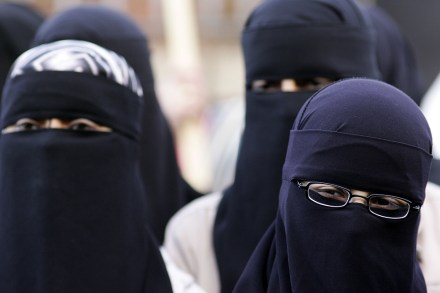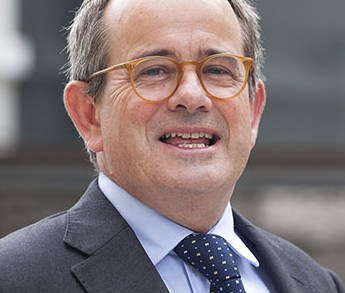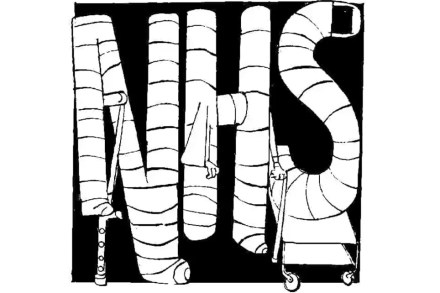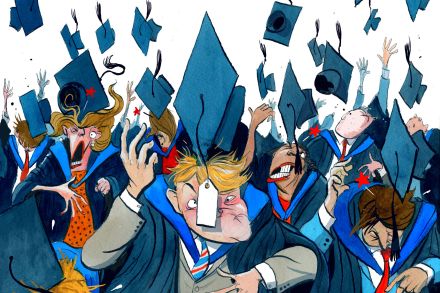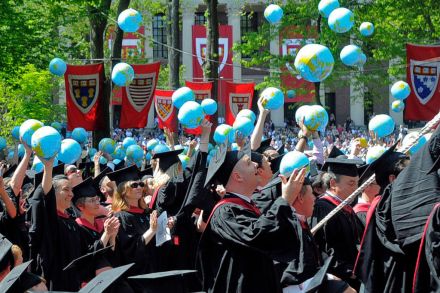How many countries have banned the burqa?
Behind the veil How many countries have banned the burqa? At least 24 have placed some restrictions around the wearing of full-face coverings in public, although in most cases it applies only in public buildings. Interestingly, they encompass liberal democracies and dictatorships, Muslim-dominated and non Muslim-dominated countries. They are: Algeria, Austria, Azerbaijan, Belgium, Bulgaria, Canada, Chad, China, Denmark, France (general ban in public), Gabon, Kosovo, Kyrgyzstan, Latvia, Luxembourg, Netherlands, Norway, Sri Lanka, Switzerland, Tajikistan, Tunisia, Turkmenistan, Turkey and Uzbekistan. In Afghanistan, the wearing of a burqa or niqab (which has a slit for the eyes) is compulsory for women. Degrees of separation Is it still worth going to university? –
